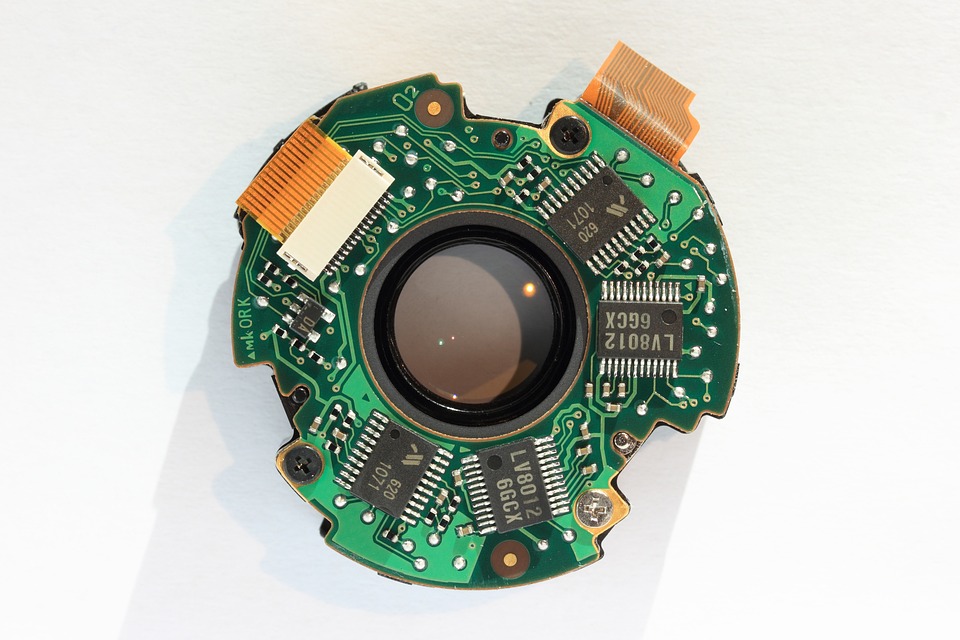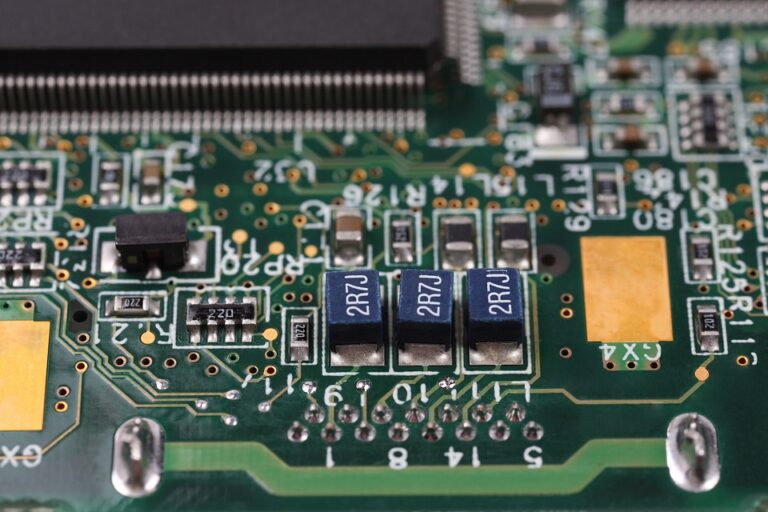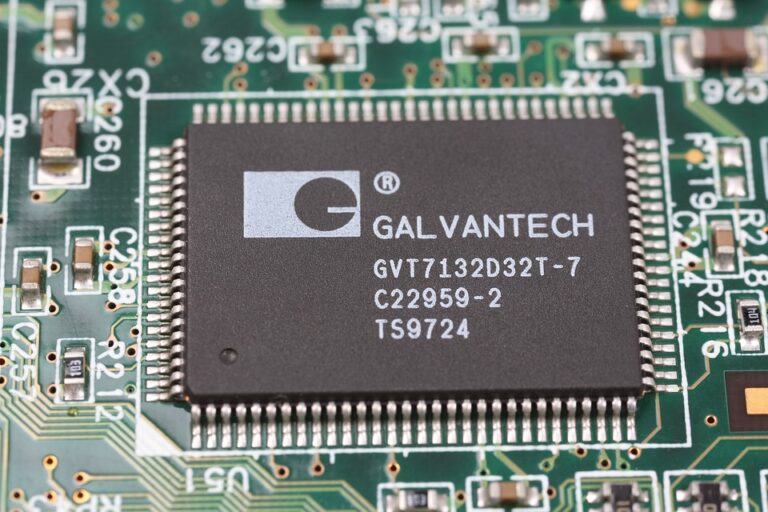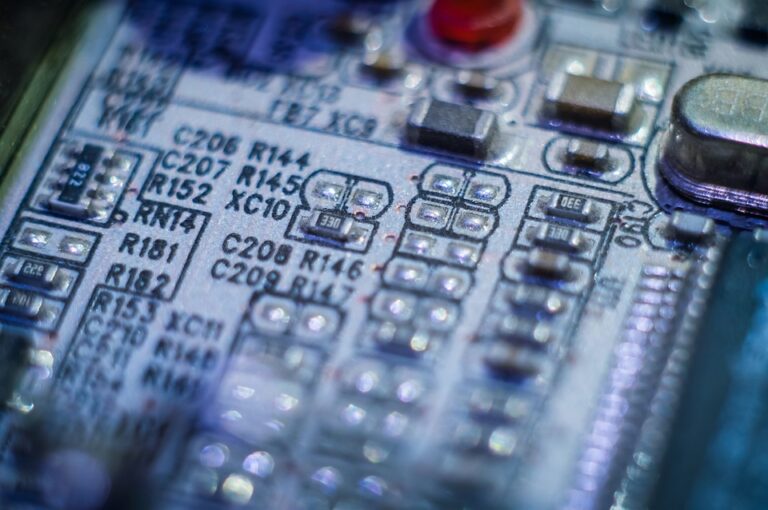
PCB Recycling: A Sustainable Solution for Electronic Waste Management
The rapid growth of the electronics industry has led to a significant increase in the generation of electronic waste (e-waste). Printed Circuit Boards (PCBs) are a major component of e-waste, and their improper disposal can have severe environmental and health impacts. PCB recycling is a sustainable solution for managing e-waste and reducing the environmental burden of electronic waste disposal.
PCBs are made up of a variety of materials, including copper, gold, silver, and other precious metals. These materials are valuable and can be recovered through recycling, reducing the need for primary extraction and processing. PCB recycling involves several steps, including disassembly, separation, and processing of the various materials.
There are several methods for recycling PCBs, including mechanical separation, chemical separation, and pyrometallurgical processing. Mechanical separation involves breaking down the PCB into smaller pieces and separating the materials using air jets, screens, and other mechanical means. Chemical separation involves using chemicals to dissolve the materials and separate them based on their properties. Pyrometallurgical processing involves heating the PCB to high temperatures to extract the metals.
PCB recycling has several benefits, including:
- Conservation of natural resources: Recycling PCBs reduces the need for primary extraction and processing of raw materials, conserving natural resources and reducing the environmental impact of mining.
- Reduction of greenhouse gas emissions: Recycling PCBs reduces the energy required for primary extraction and processing, resulting in lower greenhouse gas emissions.
- Protection of human health: Improper disposal of PCBs can release toxic chemicals into the environment, posing a risk to human health. Recycling PCBs reduces the risk of environmental contamination and exposure to toxic chemicals.
- Creation of jobs: The PCB recycling industry creates jobs in the recycling and manufacturing sectors, contributing to local economies.
- Cost savings: Recycling PCBs can be more cost-effective than primary extraction and processing, reducing the financial burden on companies and governments.
Despite the benefits of PCB recycling, there are several challenges and limitations to the process. These include:
- Complexity of PCB design: Modern PCBs are complex and contain a variety of materials, making it difficult to separate and recycle them.
- Lack of infrastructure: In many countries, there is a lack of infrastructure for PCB recycling, making it difficult to access recycling facilities.
- Regulatory frameworks: Regulatory frameworks for PCB recycling vary widely across countries, making it difficult to establish a consistent and sustainable recycling industry.
- Economic viability: PCB recycling is often not economically viable, particularly for small and medium-sized enterprises (SMEs), due to the high cost of equipment and labor.
To overcome these challenges, governments, companies, and individuals must work together to establish a sustainable PCB recycling industry. This can be achieved through:
- Investment in infrastructure: Governments and companies must invest in the development of PCB recycling infrastructure, including facilities and equipment.
- Regulatory frameworks: Governments must establish clear and consistent regulatory frameworks for PCB recycling, providing a level playing field for companies and individuals.
- Education and awareness: Companies and individuals must be educated and aware of the importance of PCB recycling and the benefits it provides.
- Economic incentives: Governments and companies must provide economic incentives for PCB recycling, such as subsidies and tax breaks, to make it more viable for SMEs.
In conclusion, PCB recycling is a sustainable solution for managing e-waste and reducing the environmental burden of electronic waste disposal. While there are challenges and limitations to the process, governments, companies, and individuals must work together to establish a sustainable PCB recycling industry. By investing in infrastructure, establishing regulatory frameworks, educating and raising awareness, and providing economic incentives, we can reduce the environmental impact of e-waste disposal and create a more sustainable future.
FAQs
Q: What is the most common method of PCB recycling?
A: The most common method of PCB recycling is mechanical separation, which involves breaking down the PCB into smaller pieces and separating the materials using air jets, screens, and other mechanical means.
Q: What are the benefits of PCB recycling?
A: The benefits of PCB recycling include conservation of natural resources, reduction of greenhouse gas emissions, protection of human health, creation of jobs, and cost savings.
Q: What are the challenges of PCB recycling?
A: The challenges of PCB recycling include complexity of PCB design, lack of infrastructure, regulatory frameworks, and economic viability.
Q: How can we overcome the challenges of PCB recycling?
A: We can overcome the challenges of PCB recycling by investing in infrastructure, establishing regulatory frameworks, educating and raising awareness, and providing economic incentives.
Q: What is the role of governments in PCB recycling?
A: Governments have a critical role to play in PCB recycling, including investing in infrastructure, establishing regulatory frameworks, and providing economic incentives.
Q: What is the role of companies in PCB recycling?
A: Companies have a critical role to play in PCB recycling, including investing in infrastructure, establishing recycling programs, and providing education and awareness.
Q: What is the role of individuals in PCB recycling?
A: Individuals have a critical role to play in PCB recycling, including reducing their electronic waste, recycling their PCBs, and supporting companies that recycle PCBs.




